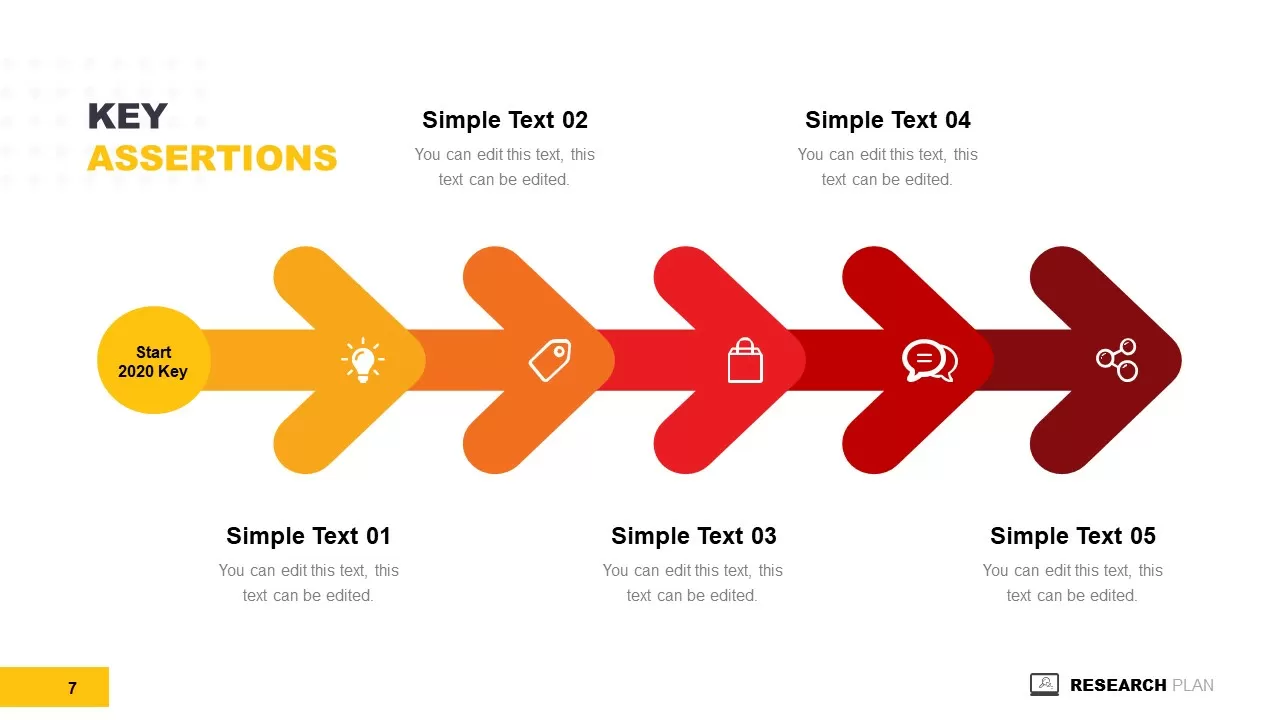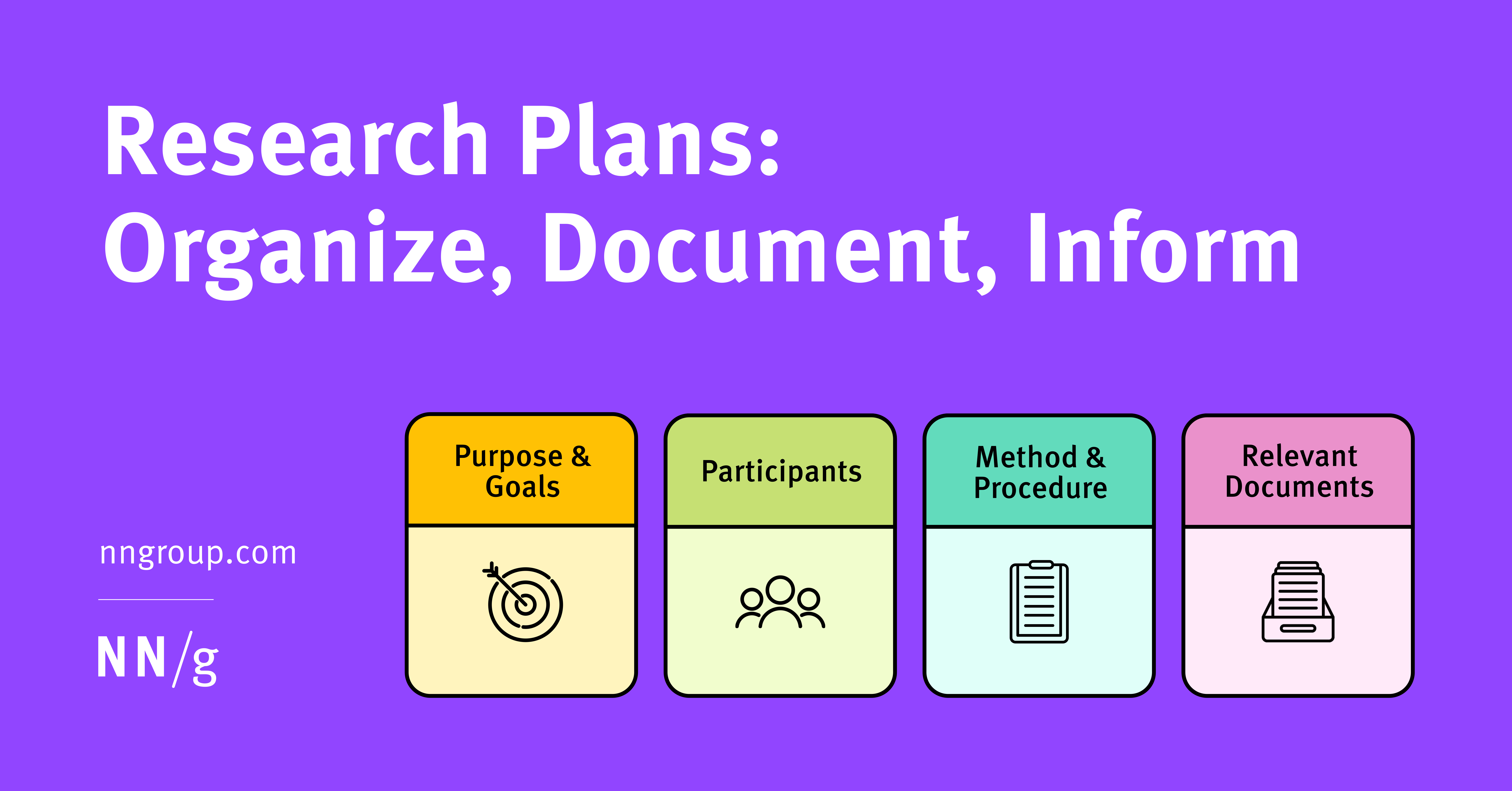Picture this: It's 11 PM the night before your research paper is due, and you're frantically trying to find sources, write your argument, and format your citations—all while your coffee supply dwindles and your stress levels skyrocket. Sound familiar? You're not alone. Most students have been there, and it's not because they're lazy or disorganized. It's because they've never learned how to create a realistic research timeline that accounts for the true complexity of academic research.

The truth is, research is a complex process that involves multiple interconnected steps, each with its own challenges and time requirements. From the initial spark of an idea to the final polished paper, every stage demands careful attention and adequate time. Yet most students dramatically underestimate how long each step actually takes, leading to rushed work, missed deadlines, and unnecessary stress.
Understanding how to create a realistic research timeline isn't just about avoiding all-nighters—though that's certainly a benefit. It's about producing better work, reducing anxiety, and developing the time management skills that will serve you throughout your academic and professional career. When you give each step the time it deserves, you can think more deeply, write more clearly, and create work that truly reflects your capabilities.
In this comprehensive guide, we'll break down the research process into manageable steps, provide realistic time estimates for each phase, and show you how to create a timeline that works for your specific project and circumstances. Whether you're working on a short essay or a major research project, you'll learn how to plan effectively and execute your research with confidence.
Understanding the Research Process: More Than Just Googling
Before we dive into timelines, it's crucial to understand what research actually involves. Many students think of research as simply "finding information," but it's much more complex than that. Research is a systematic process of inquiry that involves multiple phases, each building on the previous one.
Research is iterative: You don't move through the process in a straight line. You'll find yourself revisiting earlier steps as you learn more about your topic and refine your approach. This is normal and expected, but it's also why you need to build flexibility into your timeline.
Research is exploratory: You're not just gathering information to support a predetermined conclusion. You're exploring a topic, discovering new perspectives, and developing your understanding as you go. This exploration takes time, and you can't rush it without sacrificing quality.
Research is analytical: Simply collecting information isn't enough. You need to analyze, synthesize, and evaluate what you find. This critical thinking process is time-intensive and requires periods of reflection and contemplation.
Research is creative: The best research doesn't just report what others have found—it makes new connections, offers fresh insights, and contributes to the ongoing conversation about your topic. This creative synthesis takes time and mental energy.
Understanding these characteristics of research will help you create more realistic timelines and avoid the frustration of trying to rush through a process that inherently requires time and reflection.
The Complete Research Timeline: Step-by-Step Breakdown
Now let's break down the research process into its component parts and provide realistic time estimates for each step. These estimates are based on typical student research projects, but remember that your specific project may require more or less time depending on its complexity, scope, and your familiarity with the topic.
Phase 1: Project Planning and Topic Selection (1-3 days)
Time Estimate: 4-8 hours over 1-3 days
This initial phase is often rushed or skipped entirely, but it's crucial for setting up your entire project for success. During this phase, you'll:
- Understand the assignment requirements (30-60 minutes)
- Brainstorm potential topics (1-2 hours)
- Conduct preliminary research to assess topic feasibility (2-3 hours)
- Refine your research question (1-2 hours)
- Create a preliminary outline (1-2 hours)
Why this takes time: Rushing through topic selection often leads to problems later. You need time to explore different angles, assess the availability of sources, and ensure your topic is appropriately scoped for your assignment.
Common mistakes: Students often spend too little time on this phase, choosing topics that are too broad, too narrow, or not well-suited to the assignment requirements. This leads to problems that become apparent only after you've invested significant time in research.
Phase 2: Literature Review and Source Discovery (3-7 days)
Time Estimate: 8-15 hours over 3-7 days
This is where most students spend the bulk of their research time, and for good reason. Finding and evaluating sources is a complex process that involves:
- Database searches (2-4 hours)
- Reading and evaluating sources (4-8 hours)
- Taking detailed notes (2-3 hours)
- Organizing sources (1-2 hours)
Why this takes time: Quality research requires reading multiple sources, understanding different perspectives, and identifying the most relevant and credible information. You can't rush this process without sacrificing the depth and quality of your research.
Common mistakes: Students often spend too much time searching for sources and not enough time actually reading and understanding them. They also tend to collect too many sources without properly evaluating their relevance and credibility.
Phase 3: Analysis and Synthesis (2-4 days)
Time Estimate: 6-12 hours over 2-4 days
This is where your research transforms from a collection of information into a coherent argument. During this phase, you'll:
- Analyze your sources for key themes and arguments (2-4 hours)
- Identify connections between different sources (2-3 hours)
- Develop your own argument based on your research (2-3 hours)
- Create a detailed outline (1-2 hours)
Why this takes time: Analysis and synthesis require deep thinking and reflection. You need time to process what you've read, identify patterns, and develop your own perspective on the topic.
Common mistakes: Students often skip this phase entirely, jumping straight from research to writing. This results in papers that simply summarize sources without offering original analysis or argument.
Phase 4: Writing and Revision (4-8 days)
Time Estimate: 12-20 hours over 4-8 days
The writing phase is often the most time-intensive part of the research process. It includes:
- Drafting (6-10 hours)
- Revising for content and structure (3-5 hours)
- Editing for clarity and style (2-3 hours)
- Proofreading (1-2 hours)
Why this takes time: Good writing requires multiple drafts and revisions. You need time to develop your ideas, refine your arguments, and polish your prose.
Common mistakes: Students often try to write their entire paper in one sitting, resulting in poor quality work. They also tend to skip the revision process, submitting first drafts that could be significantly improved with additional time.
Phase 5: Citation and Formatting (1-2 days)
Time Estimate: 2-4 hours over 1-2 days
This final phase involves:
- Formatting citations (1-2 hours)
- Creating bibliography/reference list (1-2 hours)
- Final proofreading (30-60 minutes)
Why this takes time: Proper citation formatting requires attention to detail and familiarity with style guidelines. Rushing this process often leads to formatting errors that can impact your grade.
Common mistakes: Students often leave citation formatting until the last minute, leading to errors and inconsistencies. They also tend to underestimate how long it takes to properly format citations and create reference lists.
Creating Your Personal Research Schedule
Now that you understand the time requirements for each phase, let's look at how to create a personalized research schedule that works for your specific project and circumstances.

Step 1: Work Backward from Your Deadline
Start with your submission deadline and work backward, allocating time for each phase. This ensures you have enough time for all necessary steps and builds in buffer time for unexpected challenges.
Example for a 2-week research paper:
- Day 14: Final submission
- Day 13: Final proofreading and submission
- Days 11-12: Citation formatting and final revisions
- Days 7-10: Writing and major revisions
- Days 4-6: Analysis and synthesis
- Days 1-3: Literature review and source discovery
- Day 0: Project planning and topic selection
Step 2: Consider Your Personal Schedule
Factor in your other commitments, including classes, work, and personal obligations. Be realistic about when you can actually work on your research project.
Questions to ask yourself:
- What days of the week do I have the most free time?
- Are there any major commitments that will interfere with my research?
- Do I work better in the morning, afternoon, or evening?
- How much time can I realistically devote to research each day?
Step 3: Build in Buffer Time
Always include extra time in your schedule for unexpected challenges. Research rarely goes exactly as planned, and you'll likely encounter obstacles that require additional time.
Common delays to plan for:
- Sources that are harder to find than expected
- Reading that takes longer than anticipated
- Writing that requires more revision than planned
- Technical difficulties with databases or software
- Personal emergencies or unexpected commitments
Step 4: Create Daily and Weekly Goals
Break your research timeline into specific, actionable goals that you can track and measure.
Daily goals might include:
- "Read and take notes on 3 sources"
- "Write 500 words of my first draft"
- "Format 5 citations"
Weekly goals might include:
- "Complete literature review phase"
- "Finish first draft of paper"
- "Complete all revisions"
Step 5: Use a Research Calendar
Create a visual calendar that shows your research timeline, including deadlines, milestones, and daily goals. This helps you stay on track and provides a clear overview of your progress.
Include in your calendar:
- Major deadlines and milestones
- Daily research goals
- Buffer time for unexpected challenges
- Review and revision periods
- Final submission deadline
Managing Multiple Research Deadlines
Many students find themselves juggling multiple research projects simultaneously, each with its own timeline and requirements. Here's how to manage multiple deadlines without losing your sanity.

Prioritize by Deadline and Importance
Not all research projects are created equal. Some have tighter deadlines, while others are worth more points or are more important for your academic goals.
Factors to consider when prioritizing:
- Deadline proximity: Projects due sooner get priority
- Point value: Higher-stakes assignments deserve more attention
- Academic importance: Some projects are more critical for your overall grade
- Personal interest: Projects you're more interested in might be easier to work on
- Complexity: More complex projects require more time and attention
Create a Master Timeline
Develop a comprehensive timeline that includes all your research projects, showing how they overlap and where you need to focus your attention.
Include in your master timeline:
- All project deadlines
- Major milestones for each project
- Periods of high workload
- Buffer time for unexpected challenges
- Personal commitments and obligations
Use Time Blocking
Allocate specific blocks of time to different projects, ensuring you make progress on all of them without getting overwhelmed.
Time blocking strategies:
- Morning blocks: Work on your most important or challenging project
- Afternoon blocks: Focus on secondary projects
- Evening blocks: Handle administrative tasks like citation formatting
- Weekend blocks: Dedicate longer periods to intensive research or writing
Avoid Context Switching
When possible, work on one project at a time rather than constantly switching between different research topics. This helps you maintain focus and work more efficiently.
Strategies to minimize context switching:
- Complete entire phases of one project before moving to another
- Use different physical or digital spaces for different projects
- Keep separate notebooks or files for each project
- Set specific times for working on each project
Common Timeline Mistakes and How to Avoid Them
Even with the best intentions, students often make mistakes that derail their research timelines. Here are the most common pitfalls and how to avoid them.
Mistake 1: Underestimating Research Time
The problem: Students often think research is just about finding a few sources and writing about them. They don't account for the time needed to read, analyze, and synthesize information.
The solution: Always add 25-50% more time to your research estimates. It's better to finish early than to run out of time.
Mistake 2: Leaving Writing Until the End
The problem: Students often spend too much time researching and not enough time writing, leaving themselves with insufficient time to produce quality work.
The solution: Start writing as soon as you have enough sources to begin. You can always add more sources or refine your argument as you continue researching.
Mistake 3: Not Building in Buffer Time
The problem: Students create timelines that assume everything will go perfectly, leaving no room for unexpected challenges or delays.
The solution: Always include at least 20% buffer time in your schedule for unexpected challenges.
Mistake 4: Procrastinating on Difficult Tasks
The problem: Students often put off the most challenging aspects of research, such as analysis or writing, until the last minute.
The solution: Tackle difficult tasks early in your timeline when you have more energy and time to work through challenges.
Mistake 5: Not Tracking Progress
The problem: Students create timelines but don't monitor their progress, leading to last-minute realizations that they're behind schedule.
The solution: Check your progress daily and adjust your timeline as needed. Use a research journal or progress tracker to monitor your advancement.
Tools and Strategies for Timeline Management
Effective timeline management requires the right tools and strategies. Here are some resources that can help you stay on track with your research timeline.
Digital Tools
Project Management Apps:
- Trello: Create boards for different research phases and track your progress
- Asana: Set up projects with deadlines and milestones
- Notion: Create comprehensive research databases with integrated timelines
Calendar Apps:
- Google Calendar: Block out research time and set reminders
- Outlook: Integrate with your academic email and schedule
- Apple Calendar: Sync across all your devices
Time Tracking Apps:
- RescueTime: Monitor how you spend your time on different tasks
- Toggl: Track time spent on specific research activities
- Forest: Stay focused during research sessions
Analog Tools
Research Journals: Keep a physical notebook to track your progress, ideas, and challenges.
Wall Calendars: Create a visual timeline that you can see every day.
Index Cards: Use cards to organize sources, ideas, and tasks.
Strategies for Success
The Pomodoro Technique: Work in focused 25-minute sessions with 5-minute breaks.
Time Blocking: Allocate specific time periods to different research tasks.
Batch Processing: Group similar tasks together to work more efficiently.
Regular Reviews: Check your progress weekly and adjust your timeline as needed.
Adapting Your Timeline for Different Project Types
Different types of research projects require different timelines and approaches. Here's how to adapt your timeline for various project types.
Short Essays (1-2 pages)
Timeline: 3-5 days
- Day 1: Topic selection and preliminary research (2-3 hours)
- Day 2: Source discovery and reading (3-4 hours)
- Day 3: Writing and revision (3-4 hours)
- Day 4: Final editing and submission (1-2 hours)
Research Papers (5-10 pages)
Timeline: 1-2 weeks
- Days 1-2: Project planning and topic selection (4-6 hours)
- Days 3-5: Literature review and source discovery (8-12 hours)
- Days 6-8: Analysis and synthesis (6-10 hours)
- Days 9-12: Writing and revision (10-15 hours)
- Days 13-14: Citation formatting and final proofreading (3-4 hours)
Major Research Projects (15+ pages)
Timeline: 3-6 weeks
- Week 1: Project planning and preliminary research (8-12 hours)
- Week 2: Literature review and source discovery (15-20 hours)
- Week 3: Analysis and synthesis (10-15 hours)
- Weeks 4-5: Writing and major revisions (20-30 hours)
- Week 6: Final revisions, citations, and proofreading (5-8 hours)
Thesis or Capstone Projects
Timeline: 1-2 semesters
- Months 1-2: Topic selection and literature review (40-60 hours)
- Months 3-4: Research design and data collection (60-80 hours)
- Months 5-6: Analysis and interpretation (40-60 hours)
- Months 7-8: Writing and revision (80-120 hours)
- Months 9-10: Final revisions and submission (20-30 hours)
Dealing with Timeline Disruptions
Even the best-planned timelines can be disrupted by unexpected events. Here's how to handle common disruptions and get back on track.
Personal Emergencies
The situation: Family emergencies, health issues, or other personal crises that require immediate attention.
The response:
- Communicate with your professor as soon as possible
- Request extensions if necessary
- Prioritize your well-being over academic deadlines
- Create a recovery plan once the crisis has passed
Technical Difficulties
The situation: Database outages, computer problems, or software issues that prevent you from accessing sources or working on your project.
The response:
- Have backup plans for accessing sources
- Use alternative databases or libraries
- Save your work frequently and in multiple locations
- Contact technical support or librarians for assistance
Source Availability Issues
The situation: Difficulty finding sources, sources that are unavailable, or sources that don't support your argument as expected.
The response:
- Expand your search to include alternative databases
- Consider adjusting your research question or approach
- Consult with librarians or professors for guidance
- Build extra time into your timeline for source discovery
Writing Blocks
The situation: Difficulty getting started with writing, feeling stuck, or struggling to develop your argument.
The response:
- Start with freewriting or brainstorming
- Break writing into smaller, manageable tasks
- Change your environment or writing routine
- Seek feedback from peers or professors
The Psychology of Research Timelines
Understanding the psychological aspects of research timelines can help you create more effective schedules and avoid common pitfalls.
The Planning Fallacy
What it is: The tendency to underestimate how long tasks will take, even when you have experience with similar tasks.
How it affects research: Students consistently underestimate the time needed for research, leading to rushed work and missed deadlines.
How to overcome it: Always add buffer time to your estimates and track your actual time usage to improve future estimates.
Procrastination and Avoidance
What it is: The tendency to put off difficult or unpleasant tasks, often until the last minute.
How it affects research: Students often procrastinate on the most challenging aspects of research, such as analysis or writing.
How to overcome it: Break difficult tasks into smaller, more manageable pieces and tackle them early in your timeline.
Perfectionism
What it is: The tendency to set unrealistically high standards and spend excessive time trying to meet them.
How it affects research: Students may spend too much time on one aspect of research while neglecting others.
How to overcome it: Set realistic standards and focus on completing the project rather than achieving perfection.
Time Perception
What it is: The tendency to misjudge how much time has passed or how much time is available.
How it affects research: Students often lose track of time during research activities, leading to poor time management.
How to overcome it: Use timers and regular check-ins to monitor your time usage.
Building Long-Term Research Skills
Creating effective research timelines isn't just about managing individual projects—it's about developing skills that will serve you throughout your academic and professional career.
Time Management Skills
What you'll develop: The ability to estimate time accurately, prioritize tasks effectively, and manage multiple deadlines.
How it helps: These skills are valuable in any career that requires project management or deadline-driven work.
Research Methodology
What you'll develop: Understanding of how to approach research systematically and efficiently.
How it helps: These skills are essential for any career that requires information gathering and analysis.
Critical Thinking
What you'll develop: The ability to analyze information, identify patterns, and develop original insights.
How it helps: These skills are valuable in any career that requires problem-solving and decision-making.
Communication Skills
What you'll develop: The ability to organize and present information clearly and persuasively.
How it helps: These skills are essential for any career that requires writing or presentation.
Conclusion: Mastering Your Research Timeline
Creating and managing an effective research timeline is one of the most important skills you can develop as a student. It's not just about avoiding all-nighters or meeting deadlines—though those are certainly benefits. It's about producing better work, reducing stress, and developing the time management skills that will serve you throughout your academic and professional career.

The key to successful timeline management is understanding that research is a complex, iterative process that requires adequate time for each phase. You can't rush through topic selection, skip the analysis phase, or leave writing until the last minute without sacrificing the quality of your work. By giving each step the time it deserves, you can think more deeply, write more clearly, and create work that truly reflects your capabilities.
Remember, every research project is different, and your timeline should reflect the specific requirements and challenges of your particular assignment. Use the estimates in this guide as starting points, but adjust them based on your own experience, the complexity of your topic, and your personal working style.
The most successful researchers aren't necessarily the smartest or most talented—they're the ones who understand how to manage their time effectively and work systematically through the research process. By developing these skills now, you're not just improving your current projects; you're building the foundation for a lifetime of successful research and academic achievement.
So take a deep breath, grab a calendar, and start planning your next research project with confidence. Your future self—and your grades—will thank you for the effort you put into creating a realistic, manageable timeline that allows you to do your best work.
